Our History
The Frozen Ark initiative was inspired by research conducted by Prof Bryan Clarke, his wife Dr Ann Clarke and colleagues.
Global biodiversity is declining at an overwhelming speed, with many species on the path to extinction as a direct consequence of human activities.
Originally intended to focus on the evolution biology of a land snail, their project, in French Polynesia, turned into a study of extinction as they observed that around a hundred species of snails died out over the space of 15 years or so. This was caused by the introduction of two alien species of snails in a governmental plan that went disastrously wrong. Remnant Partula snails were brought back to England. A captive breeding programme at London Zoo was started and tissue samples were frozen down to preserve the DNA, so the study could continue.
Several groups of people had previously advocated the collection of frozen tissues and cells. Many museums stored animal material of various kinds and several university laboratories and zoos had collections of tissue, DNA, banks of cells and gametes, mostly used for research purposes. Many tissue collections were not in a form suitable for the long-term preservation of undamaged DNA. Of those that were storing cells, none were aimed specifically at threatened species.
Little global collaboration between the various institutions involved in biobanking had developed. Clearly, a single point of coordination, promoting cooperation between relevant institutions was missing. The late Professor Bryan Clarke FRS, the late Dame Ann McLaren FRS and Dr Ann Clarke decided to take on the job and became the co-founders of a project dedicated to the endangered species DNA collection and preservation.
The project was set up as a registered UK charity at the University of Nottingham, which has generously supported it with offices, laboratory space, computers and bioinformatics support pro bono since its conception.
Our Founders
Professor Bryan Clarke, FRS
Bryan Clarke was born on June 24, 1932 and spent the early years of his life in Nottinghamshire, where his father was a leather dealer. Following the outbreak of war he was sent away to the Bahamas, where, running wild on the seashore, he developed an interest in shells and snails. Returning to Britain in 1945, he won a scholarship to Magdalen College School, Oxford. After two years’ National Service as a pilot officer in the RAF, he read Zoology at Magdalen College, Oxford, then took a DPhil.
Following three years as a Nature Conservancy research student at Oxford, in 1959 he moved to Edinburgh University, where he rose from assistant lecturer to reader in the Zoology department. In 1971 he was appointed Foundation Professor of Genetics at Nottingham University, where he remained until his retirement in 1997 (after which he became professor emeritus), serving as head of department from 1971 to 1976, and again from 1981 to 1993.
Bryan rescued some of the Partula snails (a land snail from Moorea, French Polynesia) by taking them back to his laboratory in Nottingham, where they thrived on a diet of porridge, lettuce and tissue paper. He managed to breed five of the seven species he brought back, sending specimens to zoos around the world, helping to establish an international breeding programme. In 1994 some of the snails were reintroduced to a specially-protected trial reserve on the Pacific island of Moorea. The experiment showed that the snails could be successfully reintroduced.
Bryan sadly passed away in 2014.
Dr Ann Clarke
An immunologist, former research scientist in Edinburgh, Nottingham and Cambridge studying the immunological interactions between mother and embryo in the mouse. In her work, she tried to understand why the baby, who inherits half its antigens from the father which are foreign to her, is not rejected like any other foreign graft.
Ann was also an Inspector for the Human Fertilization and Embryology Authority for 6 years and was a member of 6 scientific expeditions to the islands of French Polynesian Islands and the Tongian Archipelago.
Ann is the last surviving founding member of The Frozen Ark and helped to keep the Charity moving forward with her drive and enthusiasm. Ann remains a close advocate of the Frozen Ark and a champion of its work. She continues to work with the consortium members/partners to help with ideas, activities and media attention.
Dame Anne McLaren, FRS
Dame Anne Laura Dorinthea McLaren was a leading authority on mammalian genetics and helped to develop the techniques that led to human in vitro fertilisation (IVF). During her research career, Anne McLaren published more than 300 scientific papers. She was elected a Fellow of the Royal Society in 1975 and awarded one of the society’s Royal medals in 1990. She was elected a Fellow of the Royal College of Obstetricians and Gynaecologists in 1986.
She was Foreign Secretary of the Royal Society from 1991 to 1996, president of the British Association for the Advancement of Science in 1993-94, and Fullerian Professor of Physiology at the Royal Institution from 1992 to 1996.
In 2001, she won a Unesco award for women in science and the next year was awarded the Japan Prize, with Andrzej K Tarkowski, for her contributions to developmental biology. Well known for her work to promote more women in science, she was also president of the Association for Women in Science and Engineering.
Anne sadly passed away in 2007.




